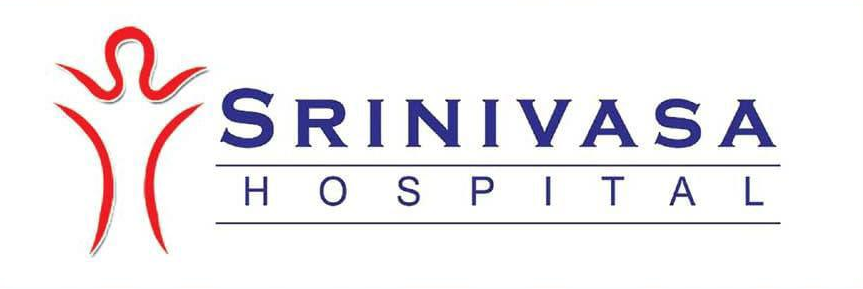What is Insulin Resistance?
Insulin resistance happens when your body does not respond well to insulin. Insulin is a hormone that helps move sugar from your blood into your cells. When you have insulin resistance, your body needs more insulin to keep blood sugar levels normal. Over time, this can lead to higher blood sugar and may cause type 2 diabetes. Many people do not know they have insulin resistance because it often has no clear symptoms at first. However, early signs of insulin resistance can appear as your body struggles to use insulin properly.
Causes of Insulin Resistance
Several factors can cause insulin resistance. Some people are more at risk due to their genes. However, lifestyle choices also play a big role. Common causes include:
Being overweight or obese
Lack of physical activity
Eating a diet high in sugar and processed foods
Having a family history of type 2 diabetes
Getting older
Having certain health conditions, like high blood pressure or high cholesterol
In addition, some medicines and hormonal changes can increase your risk. For example, women with polycystic ovary syndrome (PCOS) often have insulin resistance.
Common Symptoms
Often, insulin resistance does not cause clear symptoms. Still, some early signs of insulin resistance may include:
Feeling tired after meals
Craving sweets or carbs
Gaining weight, especially around the belly
Dark patches of skin, often on the neck or armpits
High blood sugar levels on routine tests
If you notice these signs, it is important to talk to your doctor. Early action can help prevent more serious health problems.
How Insulin Resistance is Diagnosed
Doctors use several tests to check for insulin resistance. First, they may ask about your health history and symptoms. Next, they may order blood tests, such as:
Fasting blood sugar test
Hemoglobin A1c test
Fasting insulin level
Oral glucose tolerance test
These tests help show how your body handles sugar. Sometimes, doctors use a combination of results to confirm insulin resistance. If you have risk factors, regular check-ups are important for early detection.
Treatment and Management Options
Managing insulin resistance is key to preventing type 2 diabetes. Often, lifestyle changes are the first step. Doctors may also suggest medicines if needed. Common insulin resistance management options include:
Eating a balanced diet with more whole grains, fruits, and vegetables
Getting regular exercise, like walking or cycling
Losing extra weight if you are overweight
Managing stress through relaxation or mindfulness
Taking medicines if your doctor recommends them
With the right plan, many people can lower their risk of diabetes and improve their health.
Lifestyle Tips for Prevention
You can take steps to prevent insulin resistance. Even small changes can make a big difference. Here are some tips on how to prevent insulin resistance:
Choose healthy foods, such as lean proteins and whole grains
Limit sugary drinks and snacks
Stay active most days of the week
Keep a healthy weight
Get enough sleep each night
Manage stress with healthy habits
For people in the US and worldwide, these steps can help lower the risk of insulin resistance and related health problems.
When to See a Doctor
If you notice early signs of insulin resistance or have risk factors, see your doctor. Early diagnosis can help you avoid serious health issues. In addition, regular check-ups are important if you have a family history of diabetes or other risk factors. Your doctor can guide you on the best steps for your health.
For personalized advice on insulin resistance, consult a healthcare professional.
Insulin resistance can lead to high blood sugar levels, increasing the risk of type 2 diabetes and other health complications. Early diagnosis and management are key to controlling this condition.
If you suspect insulin resistance, consult Srinivasa Hospital today for expert evaluation and personalized treatment options!

